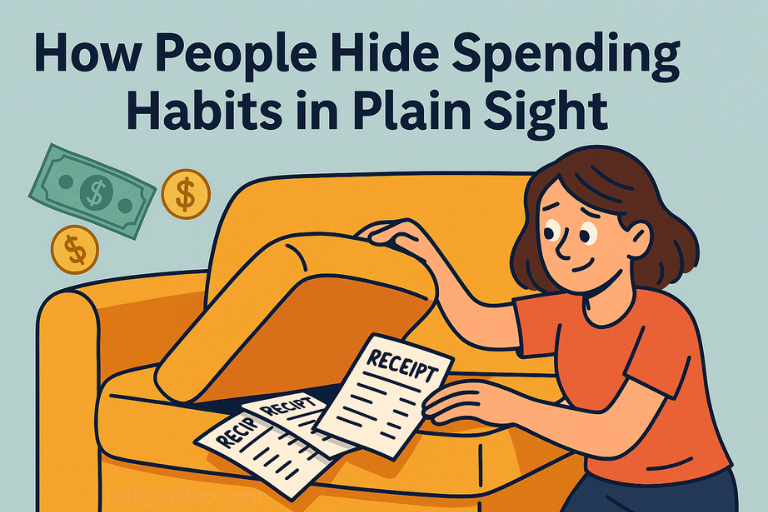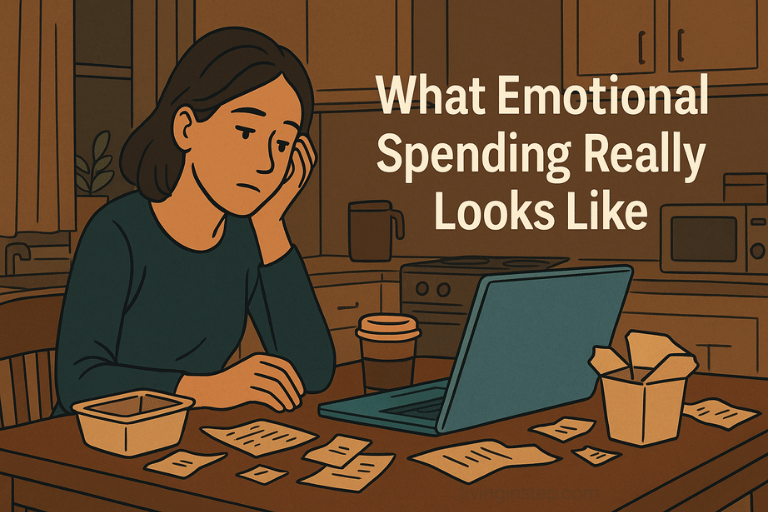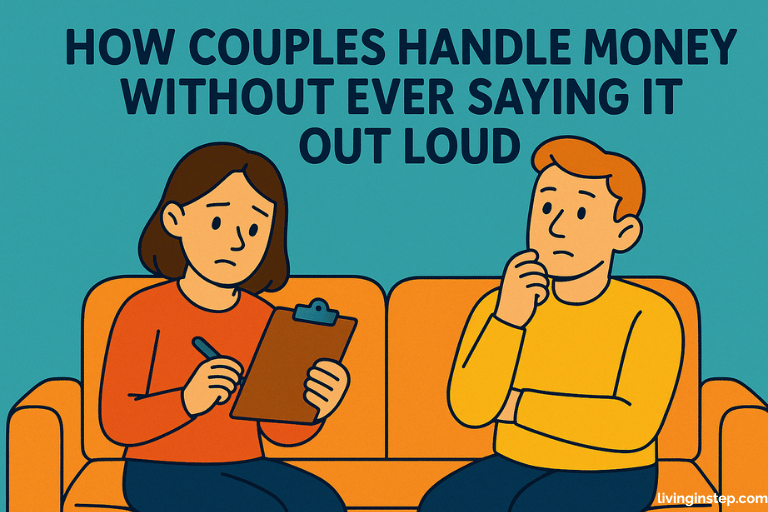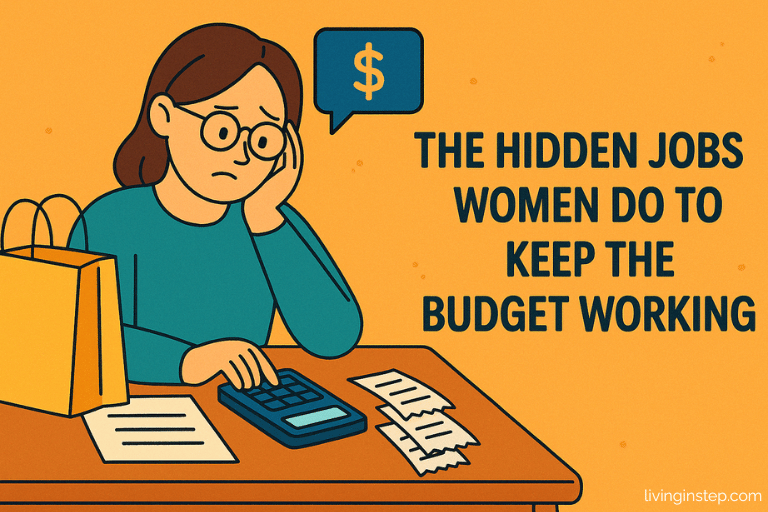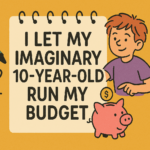Not judgmental—just exploring clever ways people emotionally navigate shared money
You oversee the rent paid on time. Even double check the grocery list.
But do you notice the small charges that slip by?
This is about those hidden spends—right under your nose.
Receipts Don’t Tell the Whole Story
Most couples share a budget spreadsheet.
Yet subscriptions, impulsive buys, and micro-spends often go unrecorded.
-That $7 latte here.
-A $12 app add-on there.
-Each one feels harmless alone.
Together, they reshape the month’s totals.
Everyone discovers charges they don’t remember authorizing?
Emotional Margins in Shared Budgets
People use clever tactics to protect emotional needs:
- Rounding up cash withdrawals “for a treat”
- Loading a joint card with gift money
- Hiding digital receipts in a private email folder
These aren’t lies.
They’re coping strategies.
A way to claim small joys when life feels tight.
They keep resentment at bay—until the bill arrives.
When Small Spends Become Big Tensions
She tracked rent perfectly
But ignored five streaming services.
Therefore the bank warning felt like a betrayal
Not a reminder.
He bought surprise takeout
To brighten a bad day.
Therefore she felt left out
Because it wasn’t on the plan.
No one meant harm.
No one wanted conflict.
They just navigated money in the gaps.
Why We Hide What We Need
Behavioral economists call this “mental accounting,”
We segregate money into emotional buckets.
A travel fund feels separate from a coffee fund.
That separation lets us spend guilt-free—briefly.
Oh, by the way, even experts use mental accounts to frame small wins.
This insight comes from Richard Thaler’s work on choice architecture.
Have you ever labeled cash as “fun money” to justify a small treat?
What labels might you be using without realizing it?
A Gentle Way to Bring It Into View
This isn’t about policing every cent.
It’s about noticing patterns together—without blame.
Some people now try a “shared-mind audit.”
Once a month, partners review one category—snacks, streaming, takeout—and talk about why those spends matter.
No guilt trip.
Just curiosity.
A chance to align emotional needs with shared goals.
Questions for Reflection
-Which small category might be hiding in plain sight?
-How could you invite a conversation about that category?
These questions break the cycle of silent spending.
They open space for honest talk.
Beyond the Spreadsheet
Shared money is more than numbers.
It’s hopes.
Comfort.
Occasional defiance against your usual routine.
If you only track big categories, you miss the emotional currency flowing beneath the surface.
Not because anyone is dishonest.
But because we all carry needs too subtle for an amount in a cash column.
Note: This content is for entertainment purposes only and is not financial advice. Please consult a qualified financial advisor for guidance specific to your situation.

